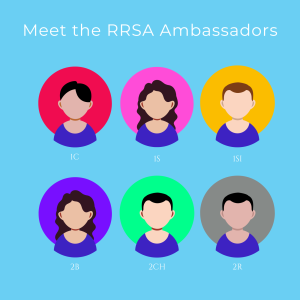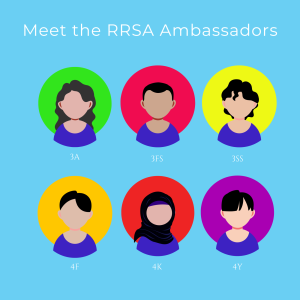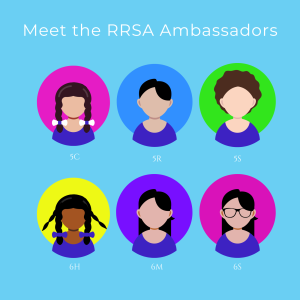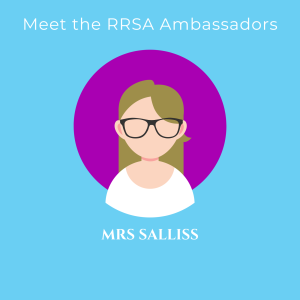RRSA UNICEF

Alston Primary - A Rights Respecting School
At Alston Primary School, we are a Rights Respecting School which means that we advocate the children's rights that are outlined in the UNCRC (United Nations Convention on the Rights of the Child). Each week, our Article of the Week is shared with children, staff and parents which link to the children's rights and any news topics that may be prominent during that week.
In June 2022, we were very proud to be awarded the Gold Accreditation Award. There are 54 rights that the children have and these are shared daily during lessons, assemblies and via displays around school. Children are regularly quizzed on their understanding of the rights and many can link particular articles to certain subjects and topics, as well as articulate what the rights mean.
All members of staff at Alston Primary School are recognised as Duty Bearers. Each staff member wears a 'Duty Bearer' badge with pride and this shows the children that we are all here to protect their rights.
There are many events that take place throughout the year that link to the children's rights and each year group will take part in the Sustainable Global Goals campaigns which help to raise awareness of global issues.
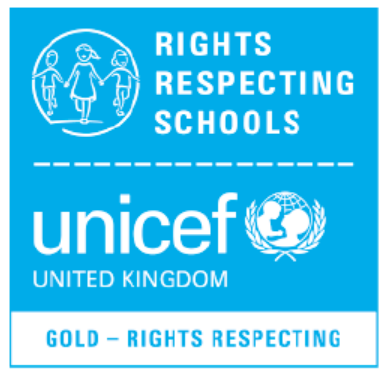
-
Alston-PS-Gold-report-21 06 22-HA
download_for_offline
download_for_offlineAlston-PS-Gold-report-21 06 22-HA
- child-friendly-symbols download_for_offline
download_for_offlinechild-friendly-symbols
- link-certificate-alston-mkwajuni download_for_offline
download_for_offlinelink-certificate-alston-mkwajuni
- mkwajuni-school-link-scheme-profile download_for_offline
download_for_offlinemkwajuni-school-link-scheme-profile
- newsletter-2024 download_for_offline
download_for_offlinenewsletter-2024
- Unicef - Our Rights download_for_offline
download_for_offlineUnicef - Our Rights
- Unicef-knowledge organiser download_for_offline
↑ - child-friendly-symbols download_for_offline


